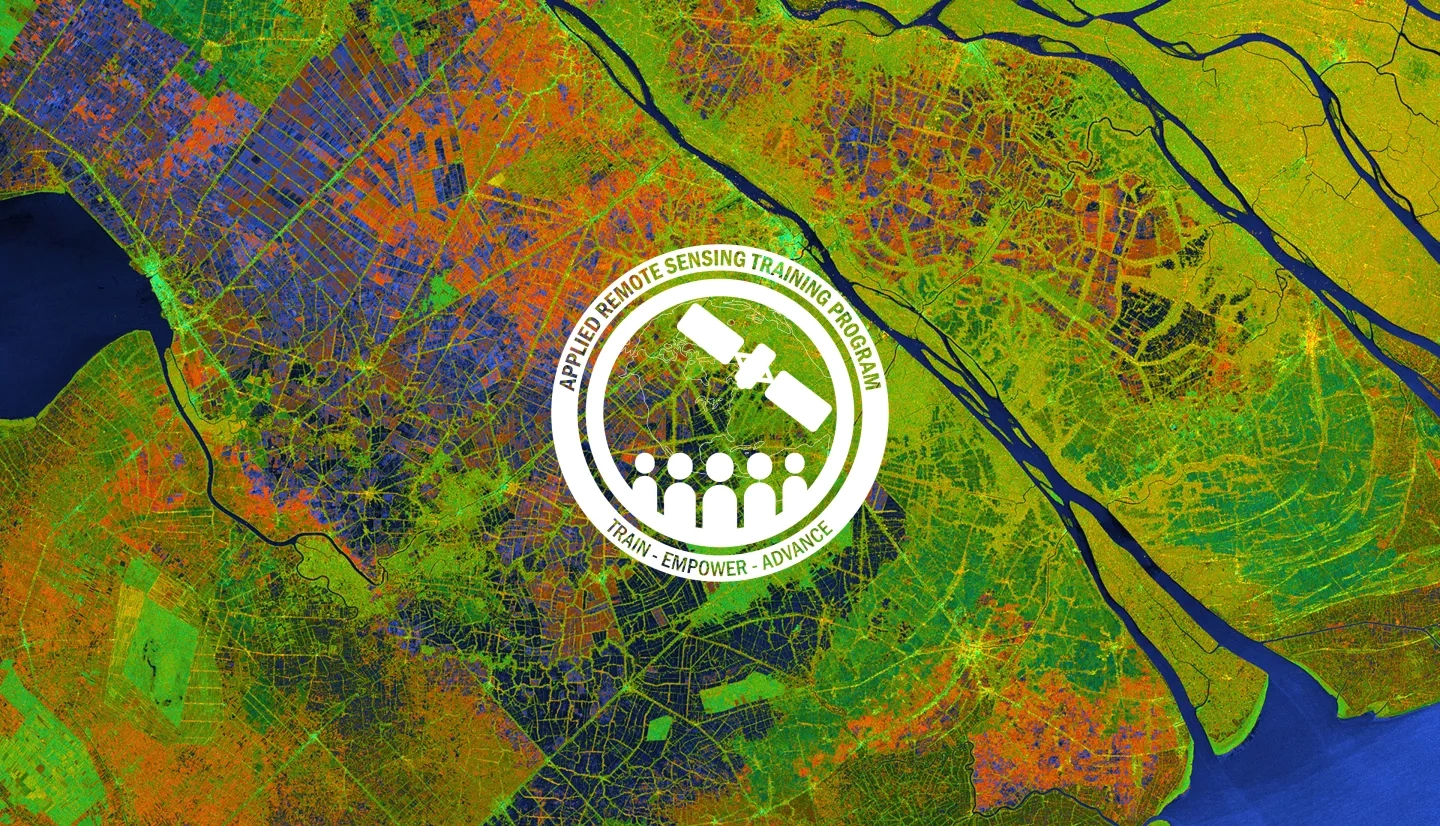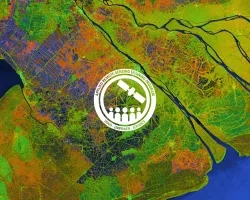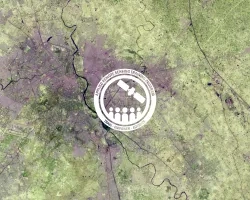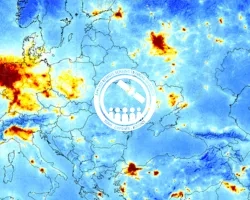Description
In recent years, the Earth Observations community has seen an increase in the availability and application of synthetic aperture radar (SAR) data for disasters, water, and land cover applications such as deforestation, crops, flooding, and earthquakes.
Previous ARSET online webinar series' focused on building the skills needed to acquire and understand SAR data, including polarimetric and interferometric SAR (PolSAR and InSAR), as well as their potential applications. The demand for guidance using SAR is extensive. The goal of this live, two-hour question and answer session is to provide participants with the opportunity to ask questions to a panel of experts. The session will be provided twice, once in English and once in Spanish.
This Q&A-type training builds on ARSET's previous webinars: Introduction to Synthetic Aperture Radar and Advanced Webinar: Radar Remote Sensing for Land, Water, and Disasters Applications. The session is also designed to prepare participants for future advanced SAR trainings.
This Session is created in partnership with Franz Meyer (ASF Chief Scientist/NASA/UAF).
Attendees will be allowed to ask the panel of experts questions about SAR. Some initial questions may be answered by previous ARSET trainings, so we recommend completing the following trainings prior to participating in the question & answer session:
Remote sensing users from local, regional, state, federal, and international organizations interested in using SAR for terrestrial applications such as inundation mapping, ecosystem monitoring, hazard response, land cover land use change studies, or surface deformation.
- A two-hour question and answer session held with a select panel of experts
- English panel experts include:
- Erika Podest, NASA ARSET Trainer, NASA/JPL
- Franz Meyer, ASF Chief Scientist, NASA/UAF
- Paul Rosen, Project Scientist, NASA/JPL
- Eric Fielding, Research Scientist, NASA/JPL
- Naiara Pinto, UAVSAR Science Coordinator, NASA/JPL
- Eric Anderson, Research Scientist, SERVIR, NASA/UAH



